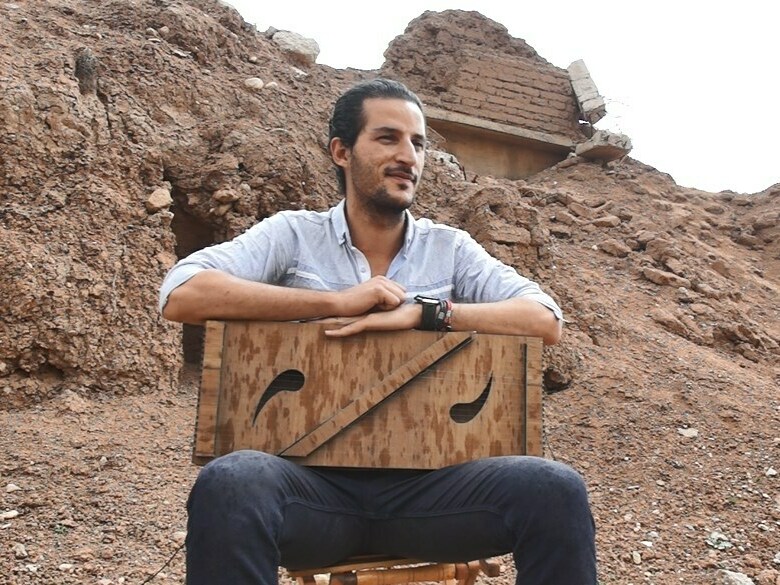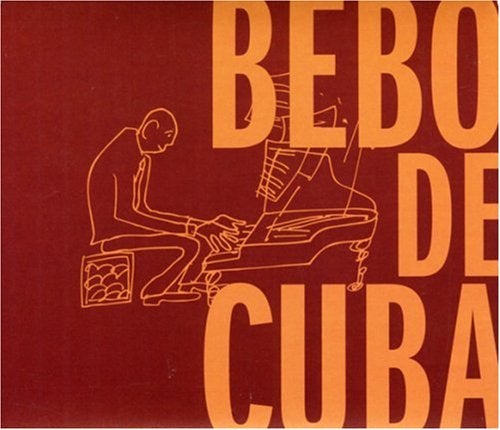The trail goes from Cairo, Egypt to Winston-Salem, North Carolina to Montgomery County, Pennsylvania. It leads to one of America’s most intriguing composers. His name, John Antes.
Antes spent his early years–the 1740’s–near Philadelphia and received his education in a Moravian boys’ school in Bethlehem, Pennsylvania. In 1759 he built a violin–possibly the first made in America. He also crafted a viola and cello that may be the earliest of their kind made in America. In 1764 Antes went to Europe to serve the Moravian Church, which sent him to Egypt as a missionary.
His existence in Egypt might best be described as life threatening. It resulted in a flogging and imprisonment ordered by a Turkish strongman who was trying to extort money from Antes. Perhaps as a distraction from that crippling experience, Antes began to write music–three string trios that were published in London in the 1780’s, after Antes settled there. The trios, published at Opus 3–there is no Opus 1 or 2–attracted the attention of Haydn during his stay in England in the early 1790’s.
Stay informed on the latest news
Sign up for WPR’s email newsletter.
Although he composed about 25 short anthems for chorus, winds, strings and organ, Antes had long been a watchmaker by trade, and he set his mechanical aptitudes to the service of music. He produced a device to improve violin tuning. He developed a better keyboard hammer and violin bow. He invented a machine that could turn music pages for a performer.
Once he got out of Egypt, Antes spent the rest of his life in London, where he died in 1811 at the age of 71. But all of his manuscripts are in the archives of the Moravian Church at Bethlehem, Pennsylvania and in Winston-Salem, North Carolina. His trios lay forgotten until the 1940’s. And though he never returned to his native land and wrote his trios in Cairo, John Antes is credited with writing the first chamber works by an American-born composer.
Wisconsin Public Radio, © Copyright 2024, Board of Regents of the University of Wisconsin System and Wisconsin Educational Communications Board.





